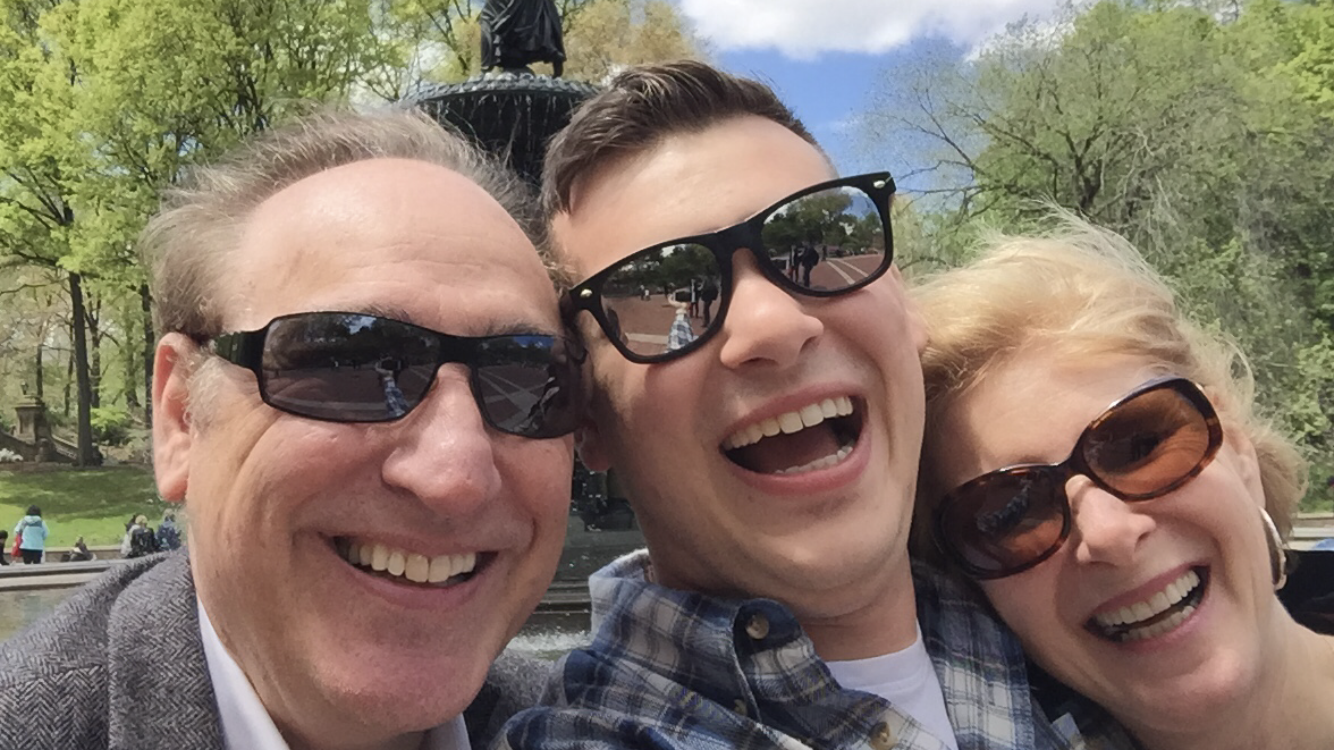I am so guilty of beating myself up needlessly with negative self-talk. In my book, The Affirming Way of Life: See the Good, Speak the Good, Spread the Good, I wrote about my negative self-talk habit in the past tense. But, the slow-down of forward movement in my life, thanks to Covid-19, has brought my old, familiar, undermining voice back.
I first became aware of her (my negative voice) again, during a conversation with a friend who’s a life coach.
My Negative Self-Talk
Jamie was telling me a story about coaching someone with a self-defeatist attitude and it was as if my phone alarm was chiming. “I can’t believe you just said that! Gus and I do puzzles after dinner every night. When I’m working on a section that’s hard, I say things like, ’The piece must be missing. I can’t do this, it’s too hard!’’
“How could you reframe that statement?” she asked.
I knew what she was getting at. I had available to me broader, more positive ways of looking at this minor difficulty. “I could say something like, ‘Hang in there. You eventually always connect the pieces.’”
“How does that statement feel compared to the other?”
“Empowered.” Yes. I could see how the words I say to myself could fuel or fizzle my power.
Feeling more discouraged than usual, my ears were perked to listen for any other self-defeatist talk.
A few days later, I began researching bloggers who wrote about similar subjects to me. I hoped to find someone with a large following who might invite me to be a guest blogger. The ones that appealed to me had from 80,000-100,000 followers.
OMG! To have that many followers! They’re in a different universe than me.
And there she was. My old comparing-self-to-others voice. I was intimidated by the disparity between their number of followers and mine, and went right to putting myself down. So mean of me!
So…
Take a Positive Action
In a kind, compassionate voice that I’d offer anyone else, I say to myself, “I am so sorry, Gailie, for speaking to you that way. You are hard-working and capable, you’ve accomplished many other goals, and you will do this, too!”
Through years of living with my nasty self-talk voice, I’ve developed my own inner cheerleader to soothe and uplift myself. I know she may sound very rah rah, but isn’t that what cheerleaders do?
The way my process works, once I have awareness, I instinctively work at shifting my perspective. Sometimes encouraging self-talk is all I need to make the inner change, but often I turn to my inner circle of people who help me see things from a larger more positive perspective.
Shift Your Point of View
Thanks to Covid-19 (I know it’s hard to imagine it has some silver linings), my husband, Gus and I have dinner and talk every night on our deck taking in the beauty of the pines, our silver maple, and the slowly setting sun lighting up our grass a neon green. Sipping chilled sauvignon blanc I say,
“Honey, you know that ‘I’ll never find the puzzle piece’ thing I say every night, well today I noticed that attitude is spreading. I found two bloggers who I’d like to reach out to as a guest blogger, but they have something like 100,000 followers. No way they’d be interested in me.”
“The sky is falling!”
“Aw, come on. I don’t catastrophize like I used to.”
“How long have those bloggers been at it?”
I grabbed my iphone and googled their histories. “One has been at it for thirteen years and the other ten.”
“See! Developing a following takes time. It’s like expecting a fifth grader to write a college thesis. Give yourself a break and be patient, Gailie. You’ll get there.”
Gus gave me perspective, and I could have kissed his feet. I felt all kinds of things: permission to be a beginner, undeserving of self-putdowns, reigning in of my expectations of my number of blog readers. And if Gussie didn’t help me see the bigger picture, I would have called my sister or my closest friend.
Your Takeaways
Listen to the things you say to yourself. If you catch yourself speaking negatively, know that it is in your power to change the message.
Take a positive action and respond to your negative self-talk in a kind, compassionate voice. Encourage yourself and remind yourself of past successes as I did. Become your own cheerleader!
Shift to a broader more positive perspective by speaking to someone you can rely on for that, or by self-reflection or journaling. Another possibility is to turn to a good book, such as Infinite Possibilities by Michael Dooley.
Develop an affirmation to repeat each time you encounter the situation that gave rise to the negative self-talk. With puzzles I now say: Hang in there, in time you always connect the pieces.” With blogging I say: Be patient. Developing a following takes time. You’re making a difference person by person.” I really repeat these phrases to myself and feel much more confident.
Why not let these Covid-19 times be an impetus to shift your self-talk to the positive side!
If you like what you read here, check out my award-winning book available on Amazon that can help you have more fulfilling connections with everyone in your life:
The Affirming Way of Life: See the Good, Speak the Good, Spread the Good






